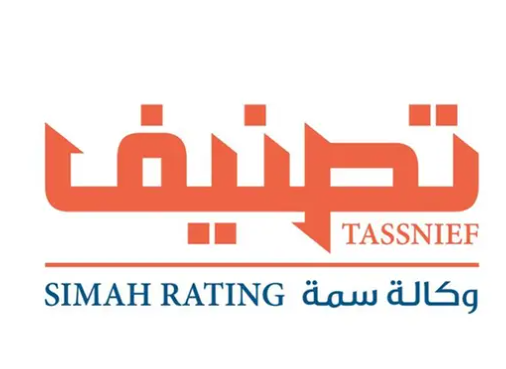Publisher: Maaal International Media Company
License: 465734
Simah Rating Agency assigns solicited insurer financial strength ratings of A- to MALATH Cooperative Insurance Co.
Tassnief has assigned national scale Insurer Financial Strength (IFS) rating of A- (Single A Minus) to Malath Cooperative Insurance Co. (“Malath” or the “Company”). The outlook on the rating is “Stable”. The assigned rating is indicative of robust financial profile, low risk factors and high prospect of meeting policyholder liabilities. The rating has also been placed on “Rating Watch – Positive” status on account of proposed merger with Liva Insurance Company. The rating will be reviewed upon the completion and finalization of the merger.
Rating Rationale: The assigned ratings incorporate Malath’s solid operational track record and current market position as a mid-sized insurance Company with a market share of around 1.8% in terms of gross premiums at end September-2024. Rating also takes into account the Company’s conservative investment profile, sound reinsurance program & low net risk retention, satisfactory risk adjusted capitalization levels, and sound governance and risk management framework. The assessment further incorporates a diverse senior leadership team, with expertise across insurance, finance, technology, and risk management sectors.
The Company’s business mix incorporates healthy presence across 3 main segments, i.e. health, motor and property & casualty segments. Diversification in customer mix compares favorably as compared to peers and bodes well from a risk perspective. Gross premiums mix by customer type has depicted an improving trend particularly in 9M2024 with individuals and SMEs accounting for around 70% of the gross premiums. Growing business from individuals and SMEs remains a key focus area for the Company. Tassnief is of view that regulatory initiatives by the Insurance Authority (IA) will be important in supporting business growth, market stability, and enhance financial strengthen of the sector.
اقرأ المزيد
Rating Triggers: Key rating trigger for the Company would be successful merger with Liva, an increase in market position and a greater diversification in business mix while improving underwriting performance and capitalization buffers. Moreover, strengthening financial flexibility through increasing absolute quantum of profitability and equity base remains important.








